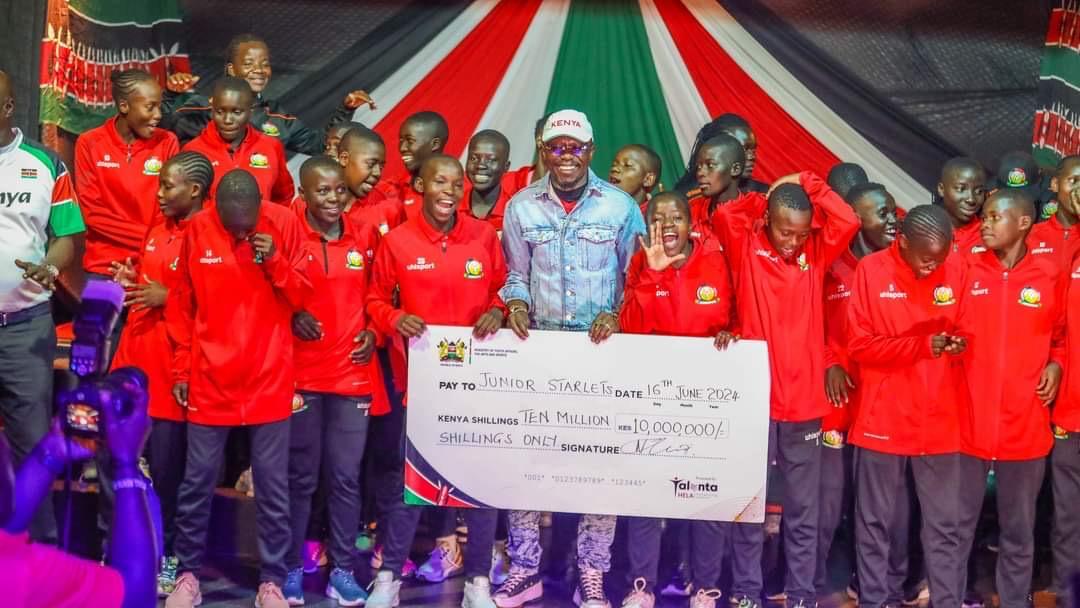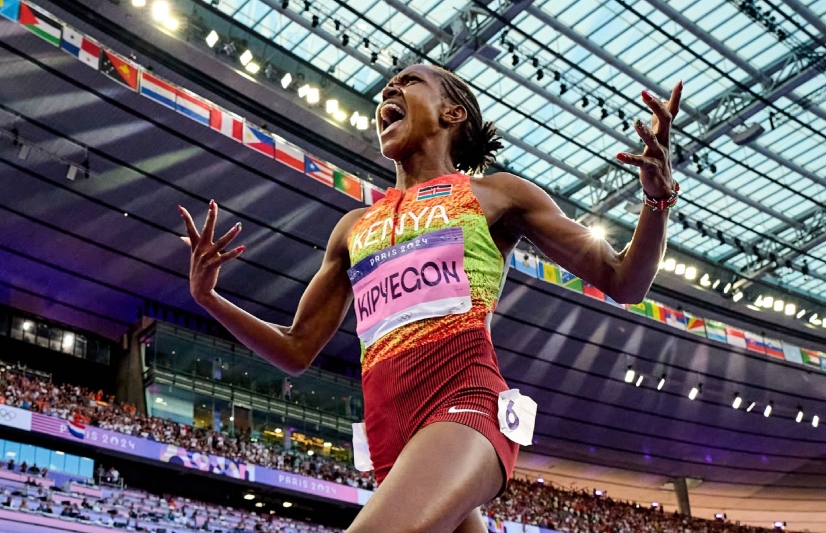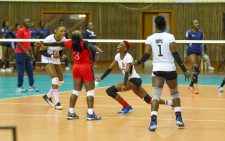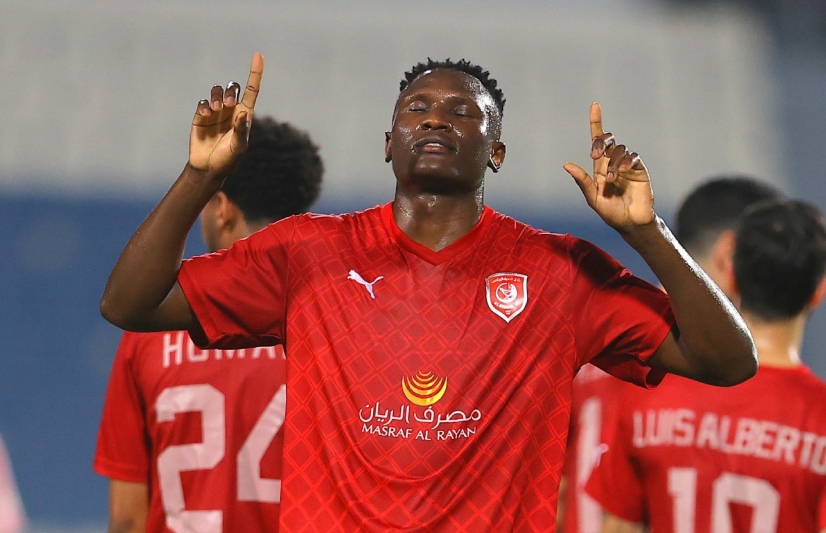KCSE exam options for Junior Starlets

Under-17 women’s football team Junior Starlets did us proud by knocking out Burundi on a 5-0 aggregate score to qualify for the first-ever Fifa World Cup in the Dominican Republic later this year.
The journey was not a walk in the park. They started by earning a walk-over against the Democratic Republic of Congo before they met Ethiopia, who had eliminated a formidable South African side. Against Ethiopia, they registered a convincing win to book a date with Burundi in the final stage of the qualifiers after Burundi saw off Djibouti 24-0.
But it has emerged that eight key team members will be sitting the Kenya Certificate of Secondary Examination (KCSE) exam at the time of the World Cup. This presents a dilemma to them—the exam or the World Cup?
One solution that could ensure the players represent Kenya at the World Cup and still meet their academic obligations is for the Ministry of Sports to work with their Education counterparts to arrange for special exams for the eight players after the games.
The other option is for the players to defer the exams and sit them next year, as they may be disadvantaged compared with their peers.
After being hosted for dinner on Sunday evening, the players were released to return to their respective schools to attend classes, but they are expected to resume training in two weeks to start preparing for the World Cup, given they will attend a three-week training camp in Marbella, Spain, before travelling to the Dominican Republic.
The government can organise home-schooling for them during the period. Still, for a long-term solution, the government must start thinking about introducing a special curriculum for sportsmen and women. A well-designed sports curriculum can respond to the demands of student athletes’ schedules and offer academic support. This might include flexible scheduling for practices and games, tutoring services, or study halls specifically for athletes. This can help them stay on top of their schoolwork.
Sports programmes can go beyond just game playing and incorporate training on transferable skills. These can include strength and conditioning where athletes learn proper training techniques that can prevent injuries and improve overall athletic performance, and nutrition education.
The skills can benefit young athletes in academics and other areas of life.












